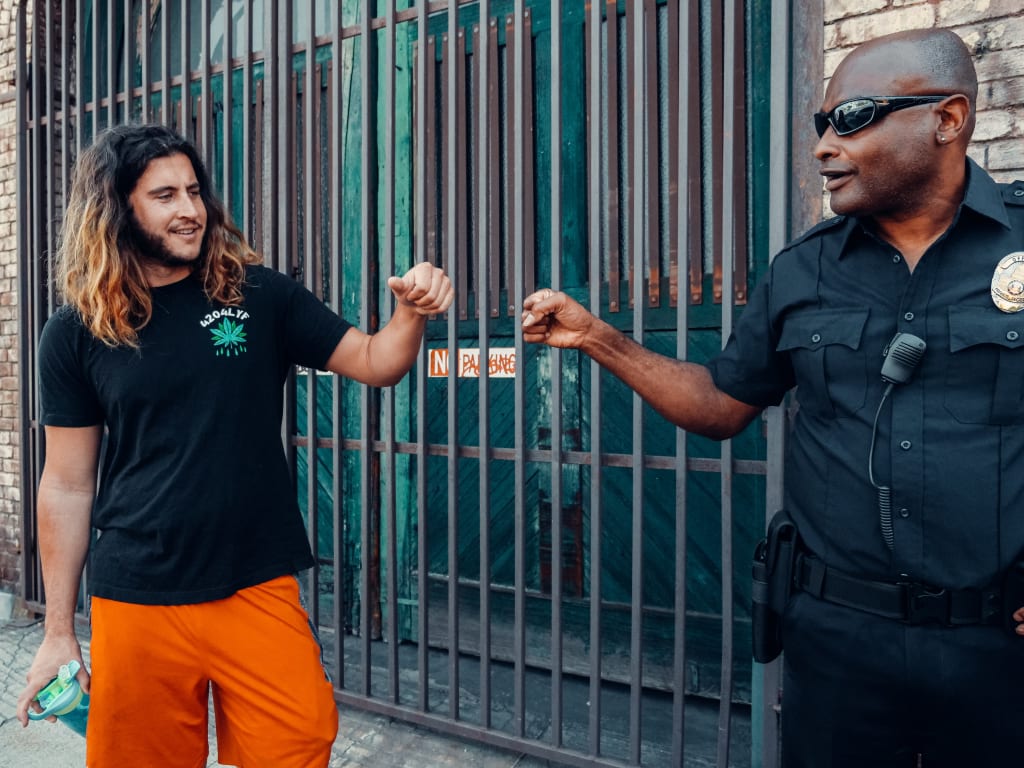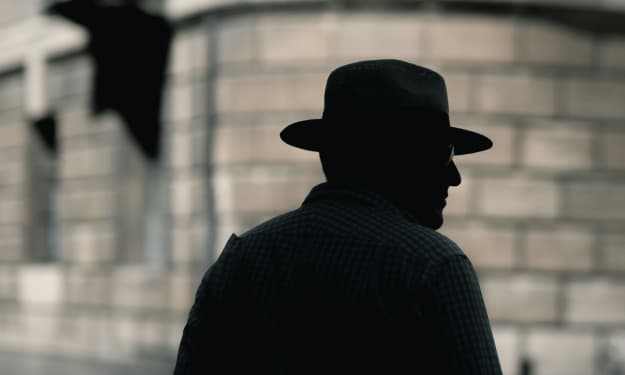
Trust between law enforcement agencies and the communities they serve is the cornerstone of a safe and harmonious society. However, this trust has often been eroded by historical injustices, negative experiences, and perceived biases. The imperative now is to rebuild this trust through proactive efforts that foster open communication, mutual respect, and a shared commitment to the well-being of the community. By focusing on transparency, community engagement, and empathy, police departments can pave the way for a more trusting and cooperative relationship with the public they serve.
The Importance of Trust
Safety and Cooperation: A community that trusts its police force is more likely to cooperate and collaborate on matters of public safety. When individuals believe that law enforcement has their best interests at heart, they are more inclined to provide information and work together to prevent and solve crimes.
Effective Policing: Trusting relationships lead to better communication between law enforcement and the community. This exchange of information can enhance the effectiveness of policing strategies, enabling officers to address concerns and challenges specific to the community's needs.
Reduced Crime: Trust promotes a sense of ownership and responsibility within the community. When individuals feel connected to their police force, they are more likely to take proactive steps to prevent crime, resulting in safer neighborhoods.
Strategies for Building Trust
Transparency and Accountability: Transparency is the foundation of trust-building. Law enforcement agencies should openly share information about their operations, policies, and any incidents that occur. Accountability mechanisms, such as independent oversight and body-worn cameras, showcase a commitment to fairness and justice.
Community Policing: Engaging with the community on a personal level through community policing fosters familiarity and rapport. Officers who are visible, accessible, and involved in local events establish themselves as approachable allies rather than distant authority figures.
Cultural Competency Training: Cultural sensitivity training equips officers to navigate diverse communities with understanding and respect. It helps them recognize their biases and provides tools to approach each situation with empathy and fairness.
Listening and Feedback: Establishing channels for community members to voice their concerns, opinions, and feedback allows for a more inclusive and responsive police force. Town hall meetings, online forums, and surveys provide opportunities for open dialogue.
Collaborative Programs: Joint initiatives between law enforcement and community members, such as neighborhood watch programs or youth mentorship initiatives, demonstrate a shared commitment to the betterment of society. These programs foster positive interactions that transcend traditional law enforcement roles.
Conflict Resolution Training: Providing officers with conflict resolution skills can help de-escalate tense situations, reducing the likelihood of confrontations that may damage trust.
Building Positive Media Narratives: Highlighting positive stories of police officers engaging positively with the community helps reshape public perception. Media outlets can play a role in showcasing the human side of law enforcement.
Accounting for Historical Injustices: Acknowledging past wrongs and demonstrating a commitment to rectifying them sends a powerful message. Police departments can engage in dialogue about historical injustices and work towards reparative actions.
Building trust between police and the community is not an overnight endeavor; it requires consistent dedication, open-mindedness, and a willingness to adapt. Trust is a reciprocal relationship that requires effort from both sides. As law enforcement agencies commit to transparent practices, community engagement, and cultural sensitivity, they lay the groundwork for a safer and more harmonious society. By bridging the gap between the police and the community, we can collectively create a stronger, more unified, and ultimately more secure environment for everyone.
We can make a better future if we all break down the barriers to work together!
About the Creator
Chris B.
I have been in law enforcement for over 21 years now and I want to help bridge the gap between police and great citizens of our country. We need to work together, not against one another. Love conquers all!





Comments
There are no comments for this story
Be the first to respond and start the conversation.